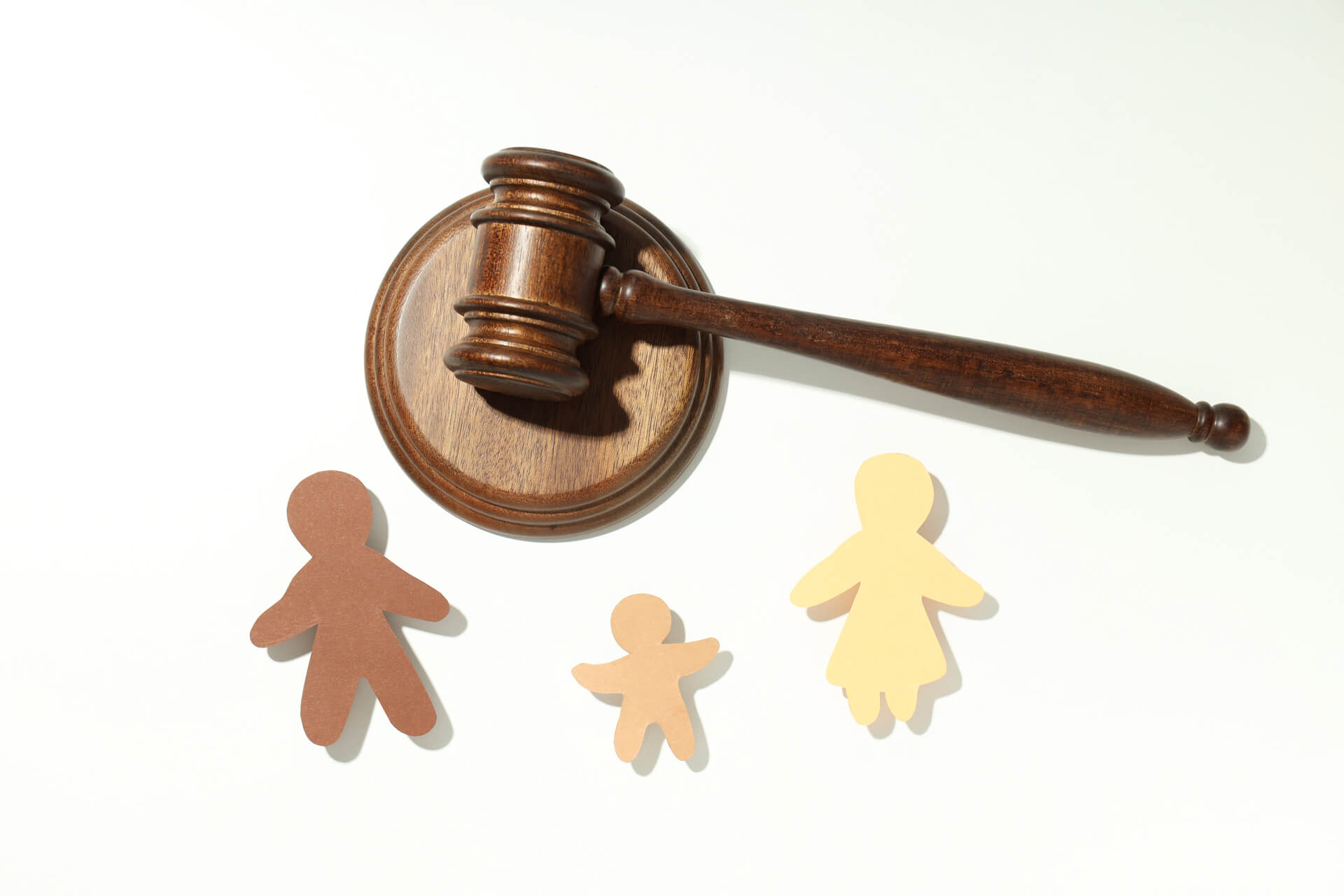Although everyone hopes for a happy ever after when they get married, it doesn’t always work out that way. And if you find yourself at that point in your marriage and live in California, there are two legal options: legal separation or divorce. Learning the difference between the two is essential so that you can choose the option that works best for your circumstances.
While both options involve a couple living separately, some significant differences exist. This article will discuss the difference between legal separation and divorce in California and how to decide which is right for you.
Legal Separation in California
Legal separation is a process in which a couple can separate their lives but remain legally married. This process allows the couple to live separate lives, but marriage’s legal obligations and responsibilities still bind them.
In California, legal separation is governed by the California Family Code FAM § 2320, which outlines the procedure for obtaining a legal separation and the rights and responsibilities of the parties involved. Legal separation involves negotiations similar to a divorce, such as the division of marital property, child custody and support, visitation rights, and spousal support.
When to Choose Legal Separation Over Divorce
Here are some reasons why you may want to choose legal separation.
- You want to live separately but aren’t sure you want to end your marriage altogether.
- You aren’t sure if you want to end your marriage altogether, but you want to lay out a property, financial and co-parenting issues.
- Your religious beliefs prohibit divorce.
- Your personal beliefs prohibit divorce.
- You still want to take advantage of the benefits of marriage, such as remaining on your spouse’s health insurance, tax benefits, and receiving government benefits such as Social Security.
- You haven’t met the residency requirements for a divorce, but you want to be legally separated.
Requirements for a Legal Separation in California
When filing for legal separation in California, you or your spouse must be a legal state resident. Since California is a “no-fault” state (meaning neither of you has to prove that someone did something wrong), you don’t have to provide a specific reason for the separation. However, you must still explain why you want to separate—for example, irreconcilable differences.
Divorce in California
Divorce, or “dissolution of marriage,” is the legal process of permanently ending a marriage. When a divorce is finalized, you are legally single and able to remarry. You have the choice to mediate or litigate your divorce.
In California, divorce is governed by the California Family Code FAM § 4336, which outlines the procedure for obtaining a divorce and the rights and responsibilities of the parties involved. Like legal separation, both spouses must agree on how assets, debts, custody, and support payments will be handled.
When to Choose Divorce Over Legal Separation
Here are some reasons why you may want to choose divorce.
- You both know that you don’t want to reconcile.
- You want to remarry in the future. However, to legally remarry, you must be divorced.
- You want a financial split from your spouse.
- There are no financial benefits from being legally separated.
Requirements for Divorce in California
You or your spouse must be a legal resident of the state for at least six months to file for a divorce in California. In addition, that person must have also lived in the county where the separation or divorce is being filed for at least three months. If you don’t meet the residency requirements for a divorce, you can file for a legal separation and then file for divorce after you complete the residency requirements.
Exception for Same-Sex Marriages
The exception to the residency requirement is same-sex marriage. So if you were married in California but now live in a state that will not allow you to divorce, you can file in California. However, remember that this can cause issues like marital property, support, money, and your children.
Turn to the Expert Family Law Attorneys at Azemika and Azemika
There are advantages to both legal separation and divorce, so it’s essential to know the differences between them to make the right choice for your situation. If you have any questions or are still unsure of which option is right for you, enlisting the services of an experienced family law attorney can be beneficial.
At Azemika and Azemika, we know there’s no easy way to end your marriage. We will devise a fast, effective solution for your unique circumstances and your family’s needs. We will fight for you and protect you and your family throughout the separation or divorce process.
For comprehensive legal counsel, contact us today for a consultation.










